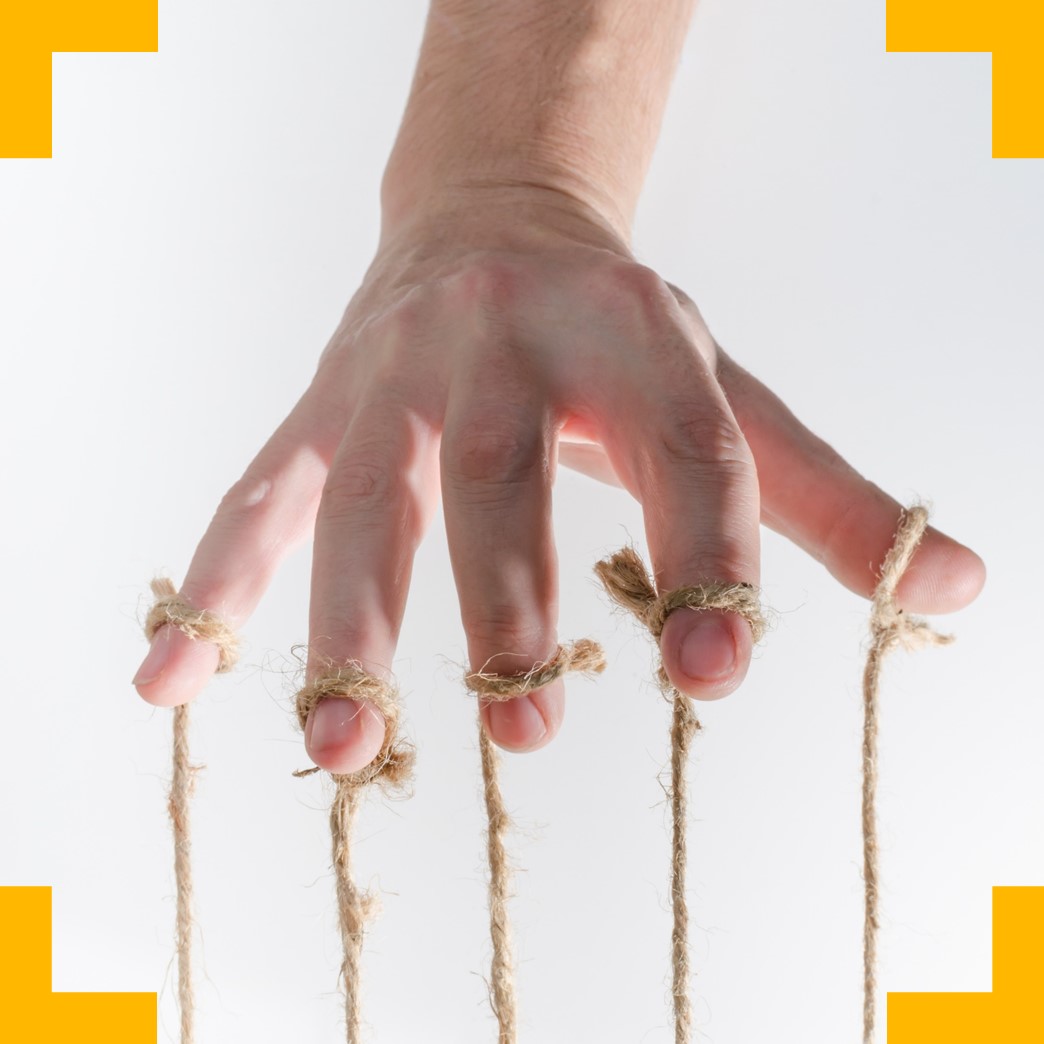Always More Than One: How Can Puppetry/Robotics Help Rework an Ethics of Relation?
How do humans relate to one another in contexts mediated by the technological, the artificial, and the re-embodied? And how can puppetry and robotics inform a new ethics of relation?

There is increasing interest in the practice and theory of puppetry. This was evident before 2020, sparked by key concerns around AI, robotics, and the ethics of relation to human and non-human Others. These concerns then accelerated during the COVID-19 pandemic. During the UK lockdowns in 2020 and 2021, the closure of university spaces meant that object theatre became a mainstay of theatre departments without other options for connection and performance. Compulsory mask wearing led to increased interest in, and anxiety about, the significance of faces for communication, and the question of how human interaction might be mediated through third agents, such as the puppet or the screen. All these contemporary contexts add urgency to the question of how we might relate to one another in contexts mediated by the technological, the artificial, and the re-embodied.
What will the project involve?
The project intends to co-create, with artists and theatre practitioners, an interdisciplinary hands-on workshop and symposium on ‘Puppetry and an Ethics of Relation’, to allow creative practice and academic research around the ethics of relation in puppetry and robotics, in a range of radical interdisciplinary contexts, to feed mutually into one another, and to establish the framework for future co-created projects around object theatre, robotics and co-presence.
The event will take place over a day and a half:
Day 1: afternoon masterclass on the practice of puppetry, co-created with the puppeteer Mervyn Millar, to provide a framework to think about the broader haptic and relational applications of puppetry for thinking about how people live, move and work together. This will be followed by a round-table discussion between academics and practitioners on the different relational and bodily challenges experienced, and engaged with, by experts and non-experts during the session.
Day 2: a day of talks, discussions and round-tables around a range of interdisciplinary questions about the research and practice of puppetry as related to ethics of relationship. The event will close with a conversation about future directions for the newly formed network, agreeing on a set of questions, priorities and methods for co-creating the follow-on project.
The event will have 15-20 core attendees from the arts, creative industries and academia, with the symposium element open to the wider public and scholarly community. It will help to consolidate vital links not only between the University of Bristol and other universities in the South West, but with the area’s creative industries and artists.
Feedback will be elicited via forms at the end of the event, as well as through the closing discussion about how puppetry arts and research could meaningfully inform the study and practice of relational ethics going forward, and – equally – how academic research in that area might feed usefully into creative and artistic puppetry practice.
Who are the team and what do they bring?
- Noreen Masud (Department of English, University of Bristol) is a Lecturer in Twentieth Century Literature. Her research covers all kinds of bases: flatness, spivs, puppets, leftovers, earworms, footnotes, rhymes, hymns, surprises, folk songs, colours, superstitions. She works on writers who, in one way or another, disrupt narratives about what good literature should be or do: who present themselves variously as absurd, unrevealing, embarrassing or useless.
- Merle Patchett (Human Geography, University of Bristol) is a cultural-historical geographer by training, focused on theories, histories, and geographies of practice. This focus has led her to engage empirically with a range of specialised skills (e.g. taxidermy and plumasserie), practitioners (e.g. artisans, artists and architects), and places of practice (e.g. museums, galleries and archives) and to develop practice-based methodologies.
What is to come?
This event is to be part of a structured series of funding bids, designed to build on one another. The nature of the following project will depend on the outcomes and discussions emerging out of the discussion event, by the end of which an interdisciplinary team of researchers, artists and representatives from the creative industries will have co-created the research questions to bring to future applications.

